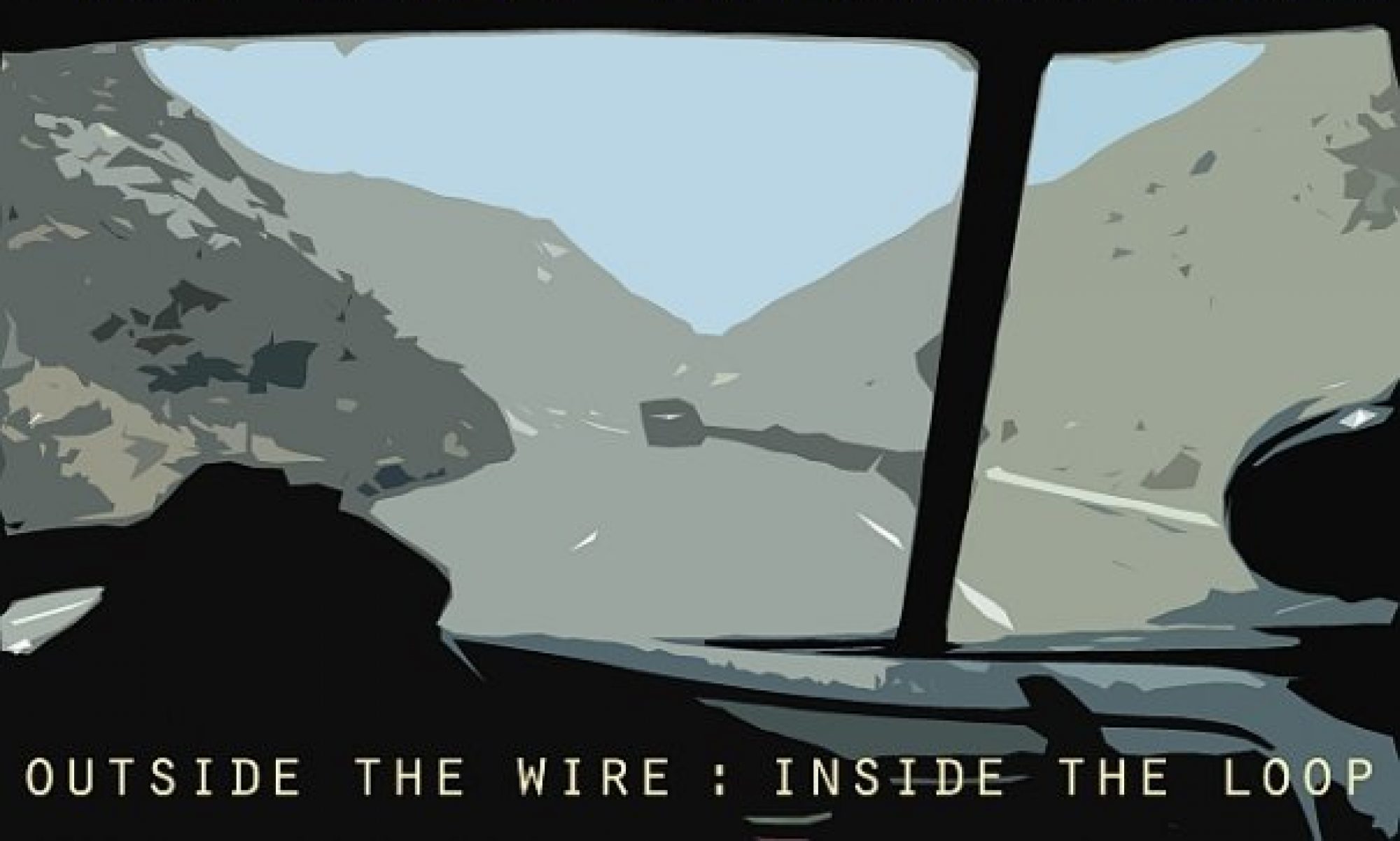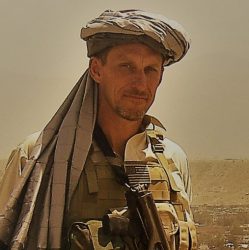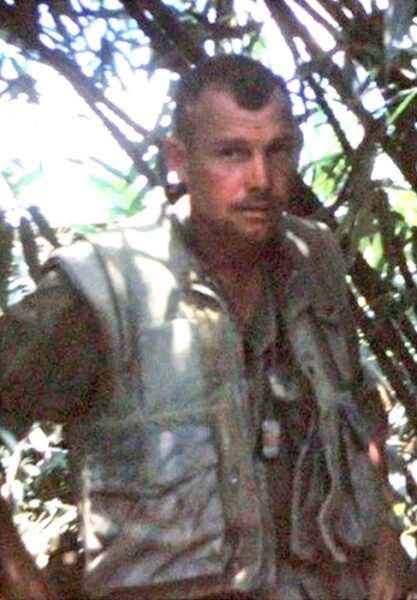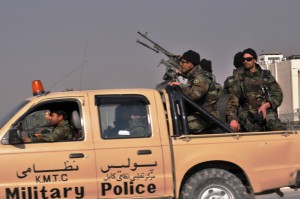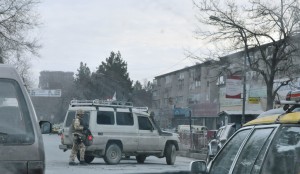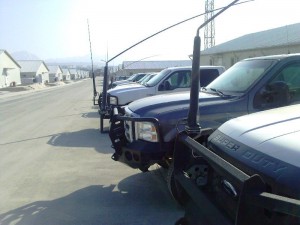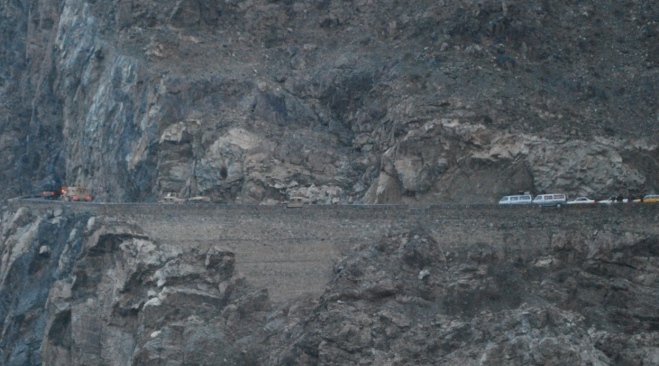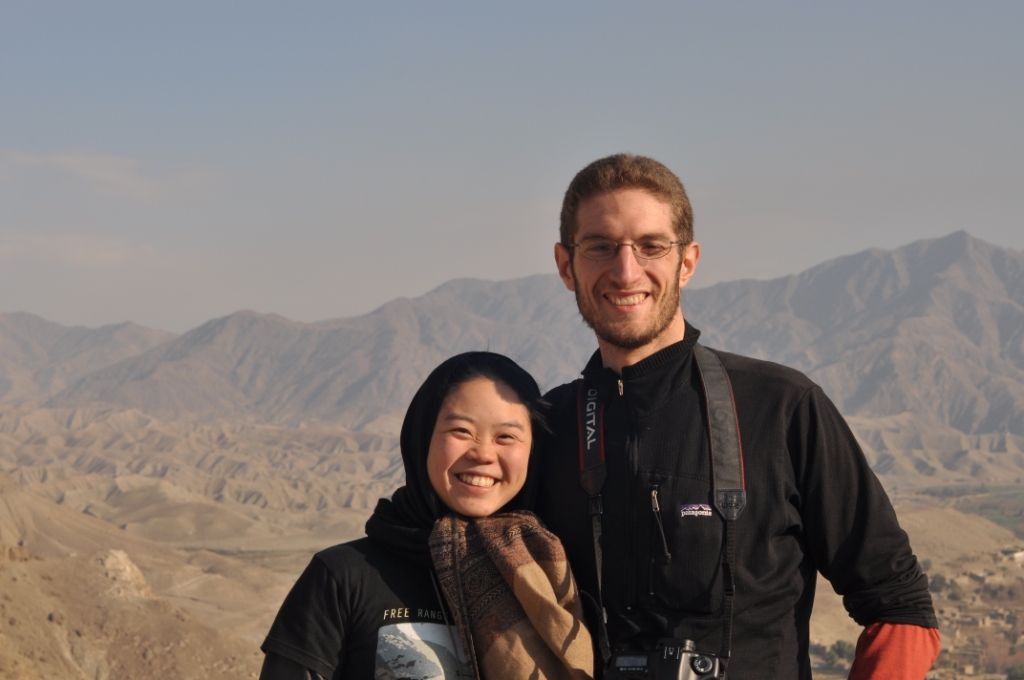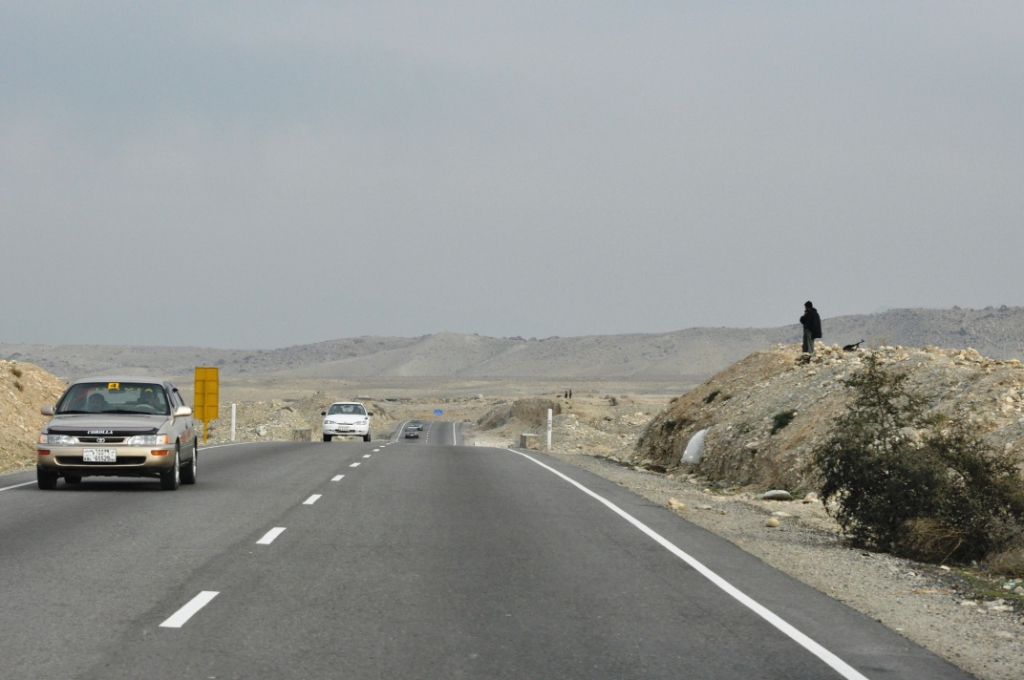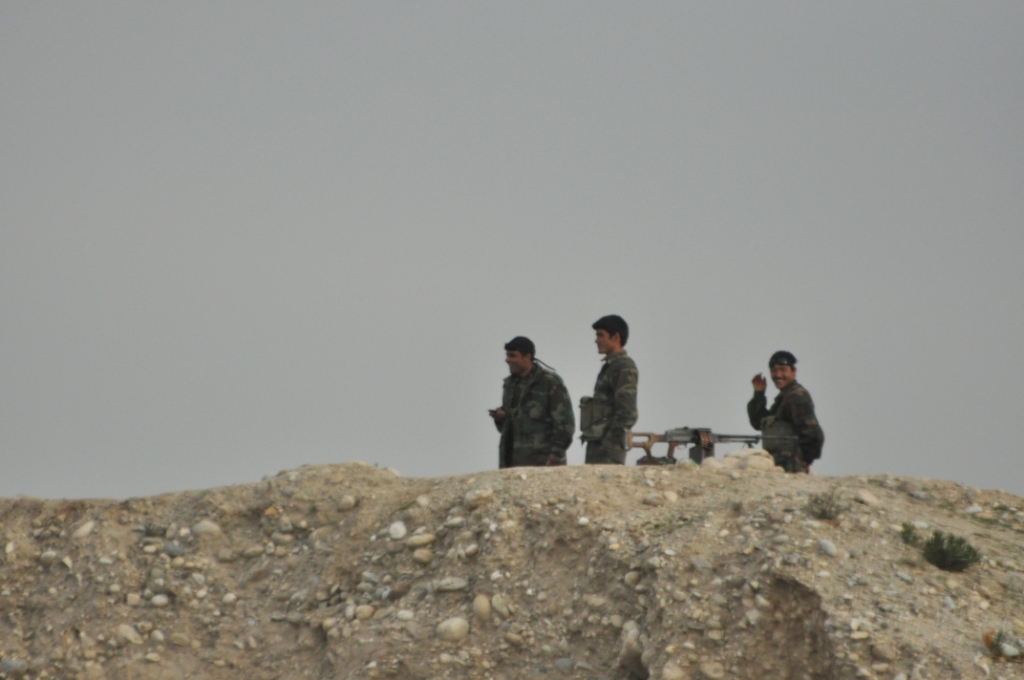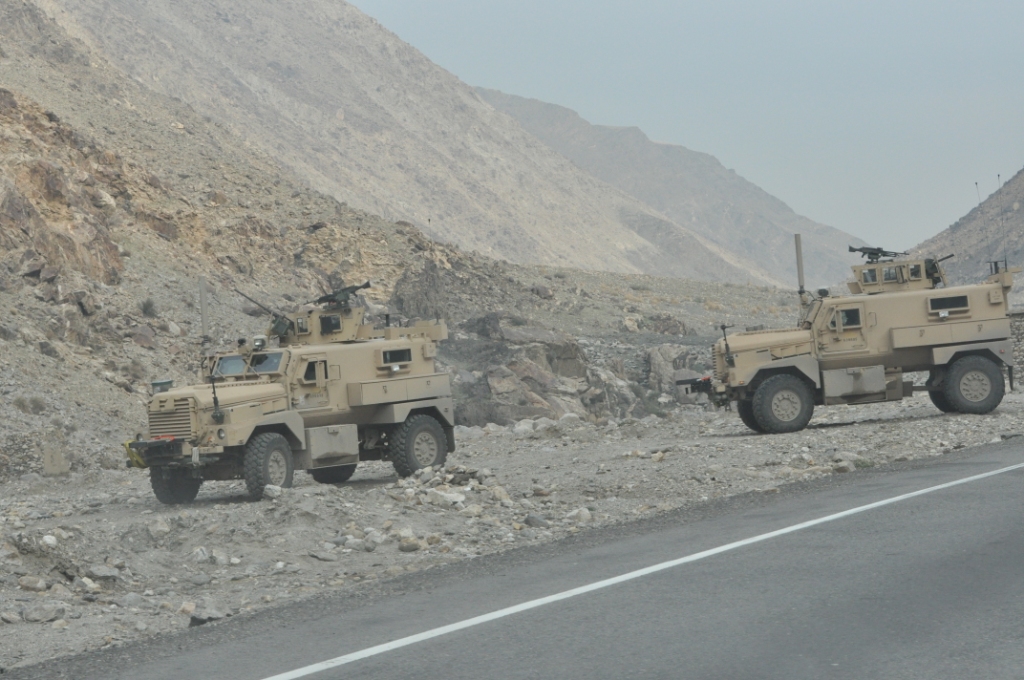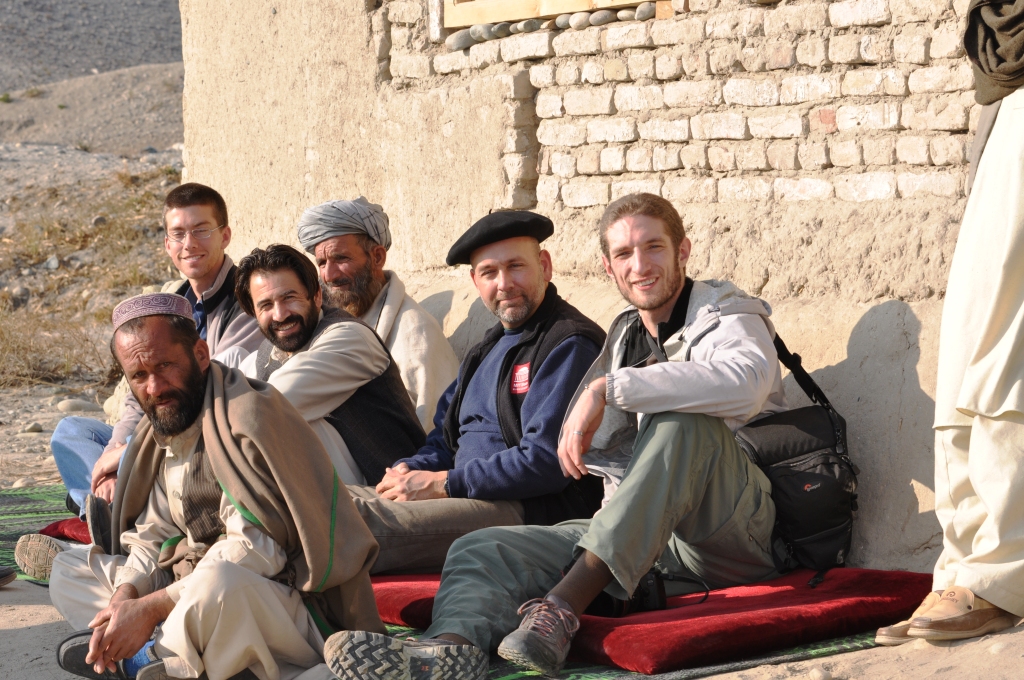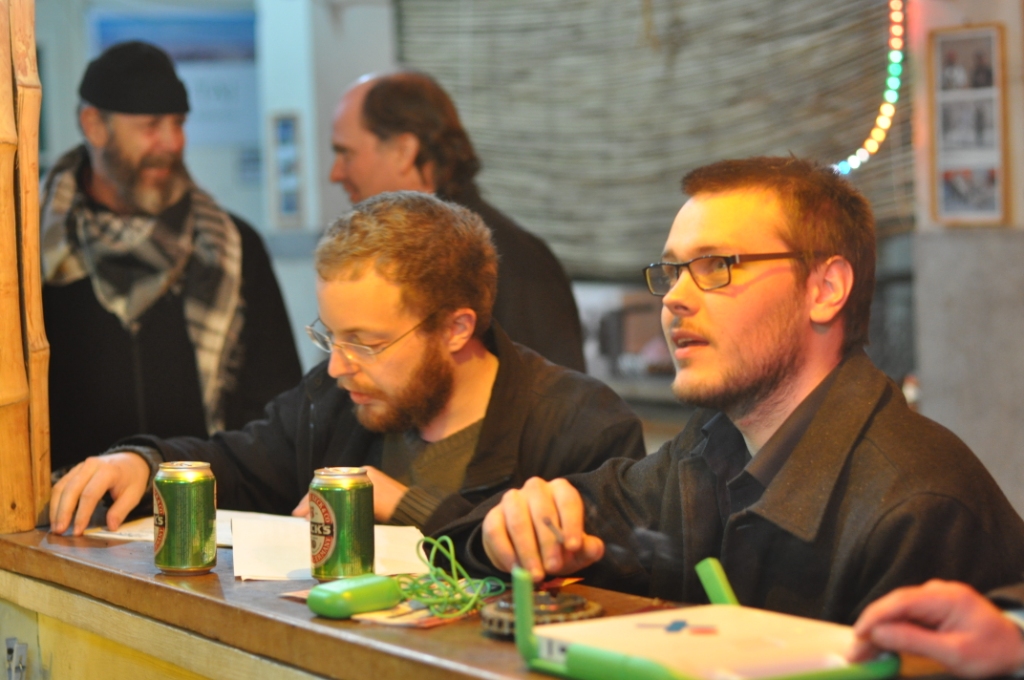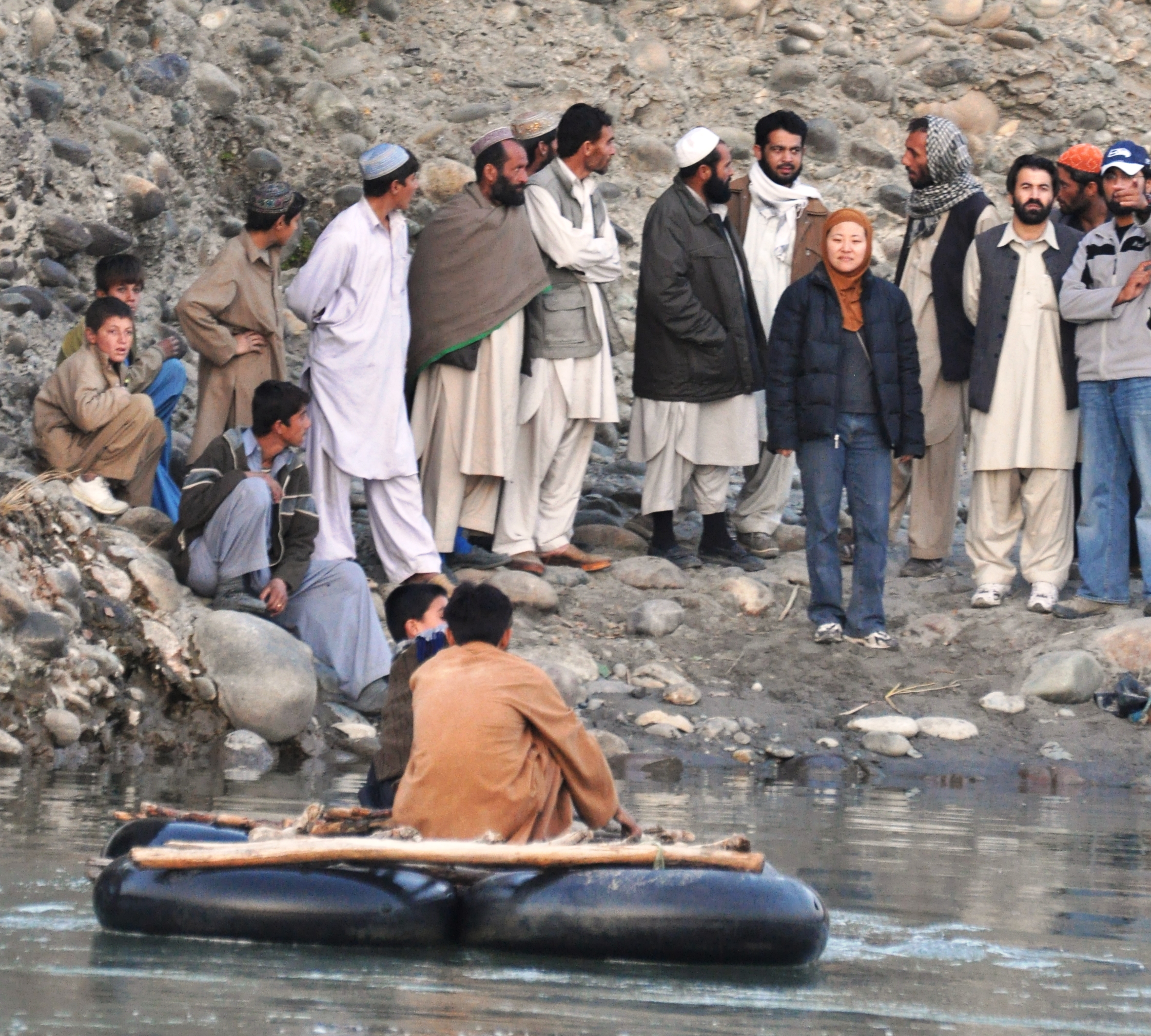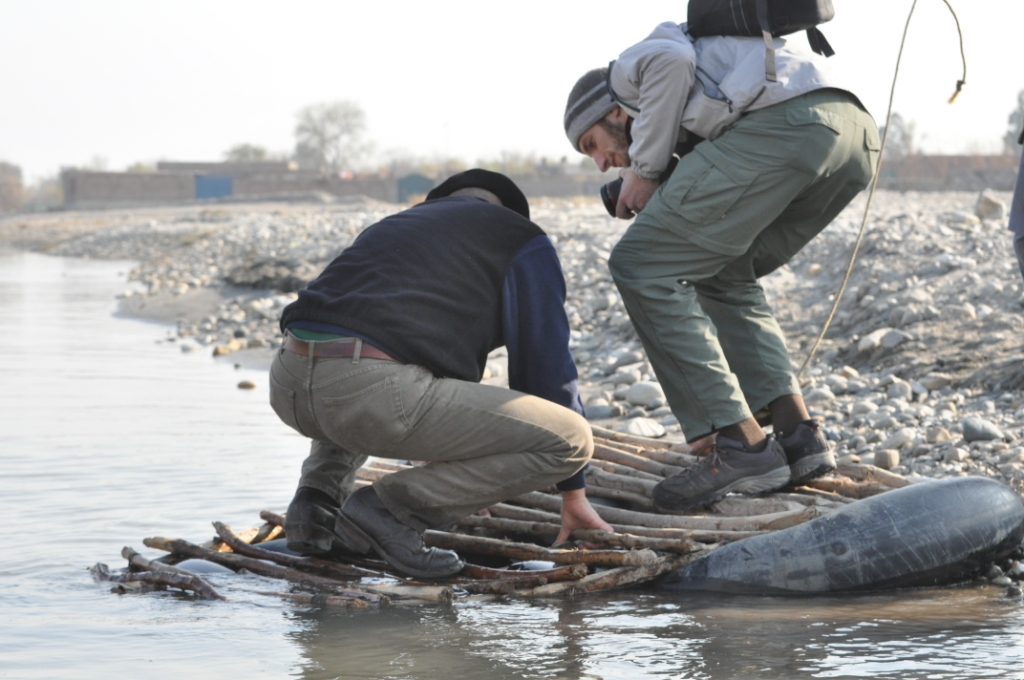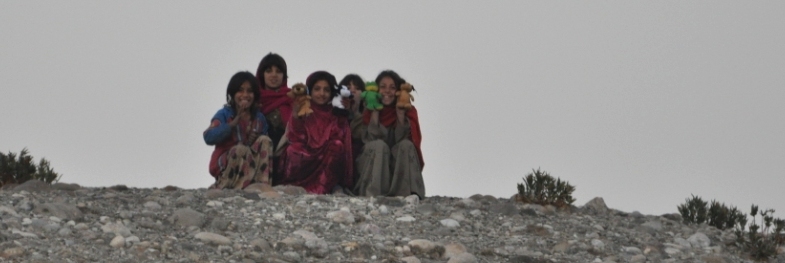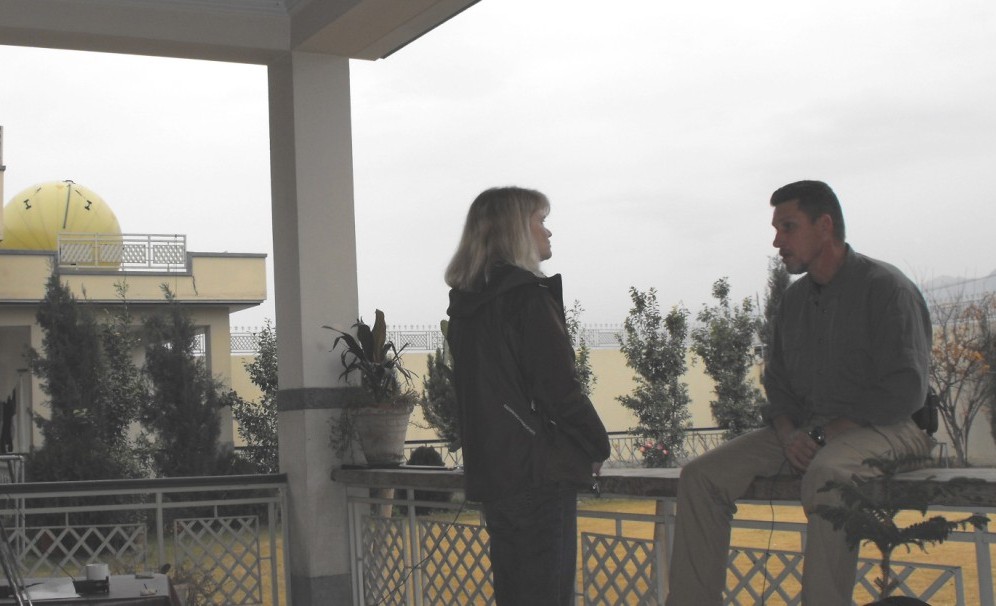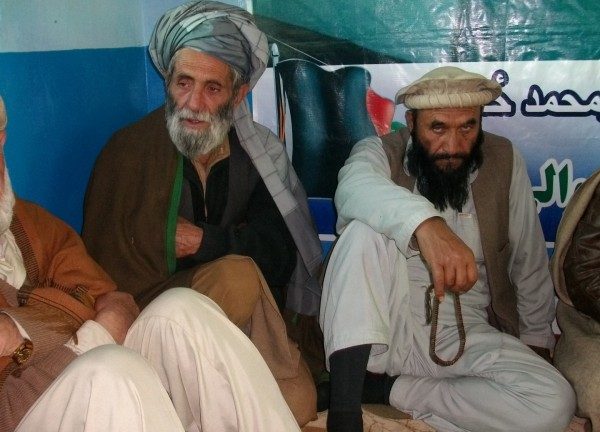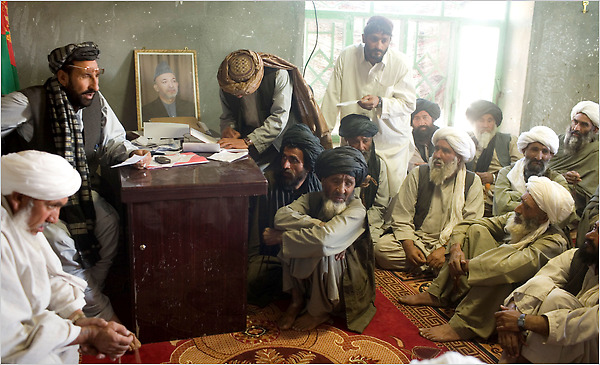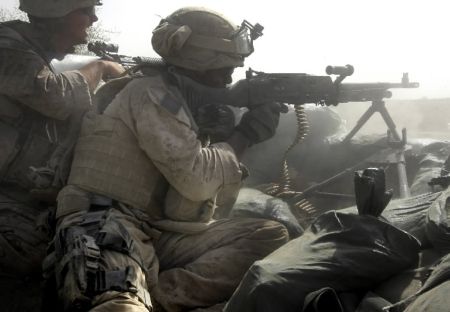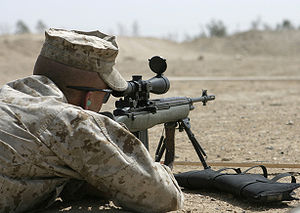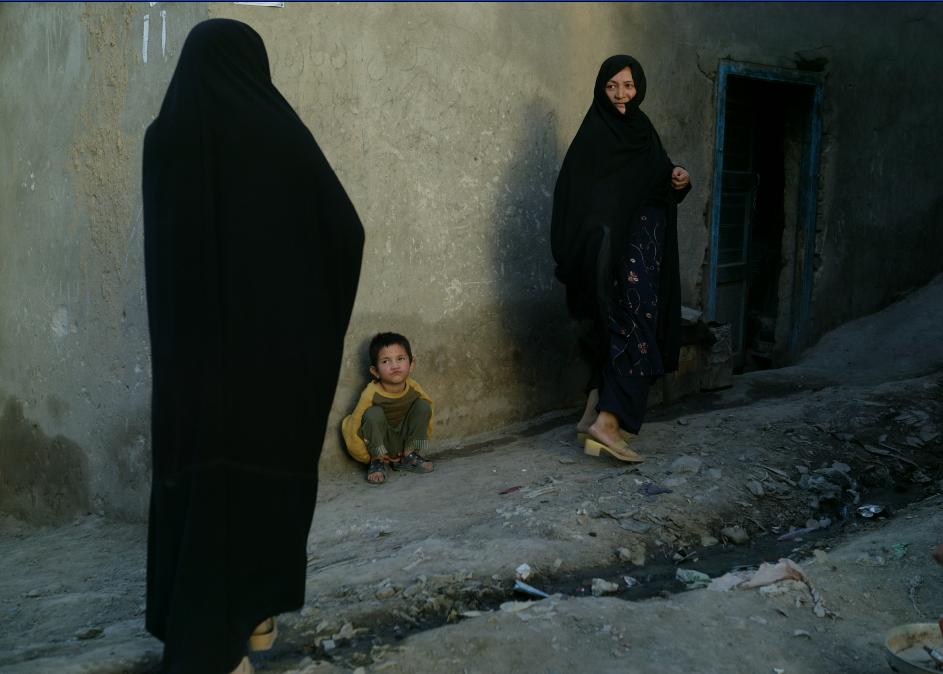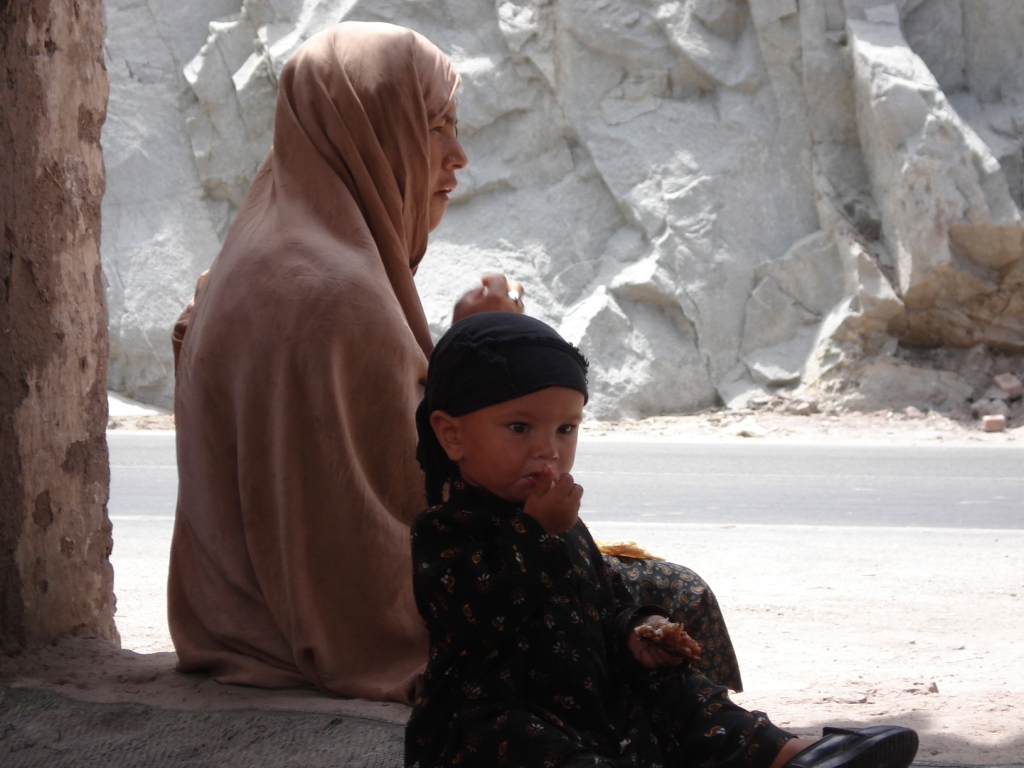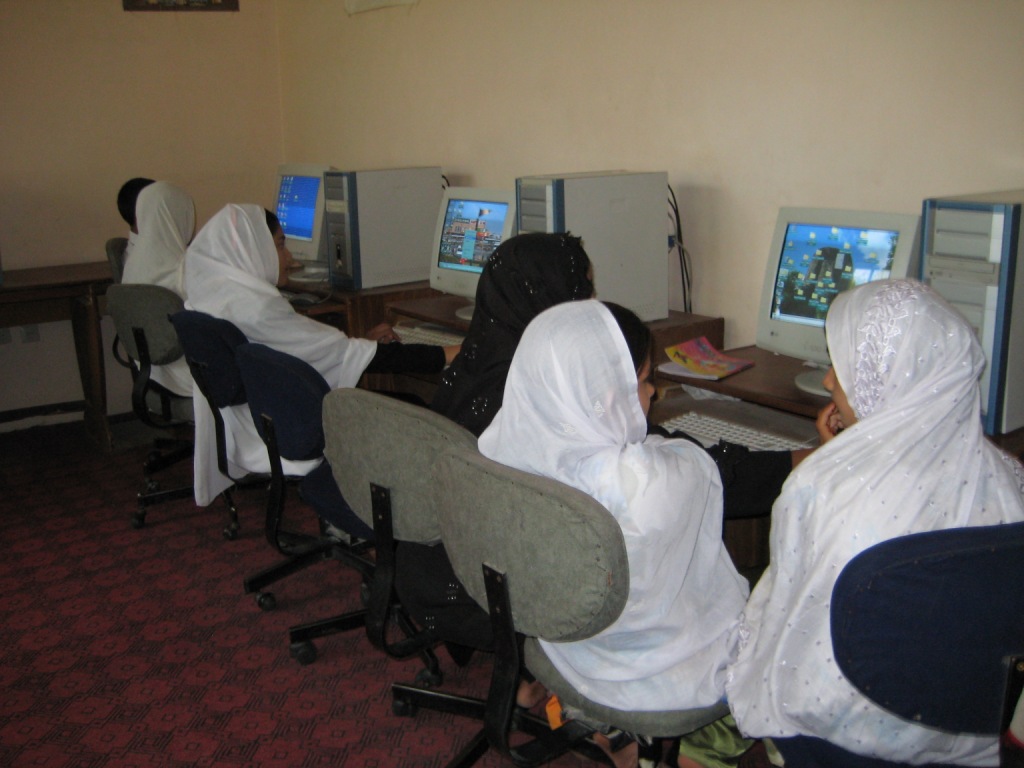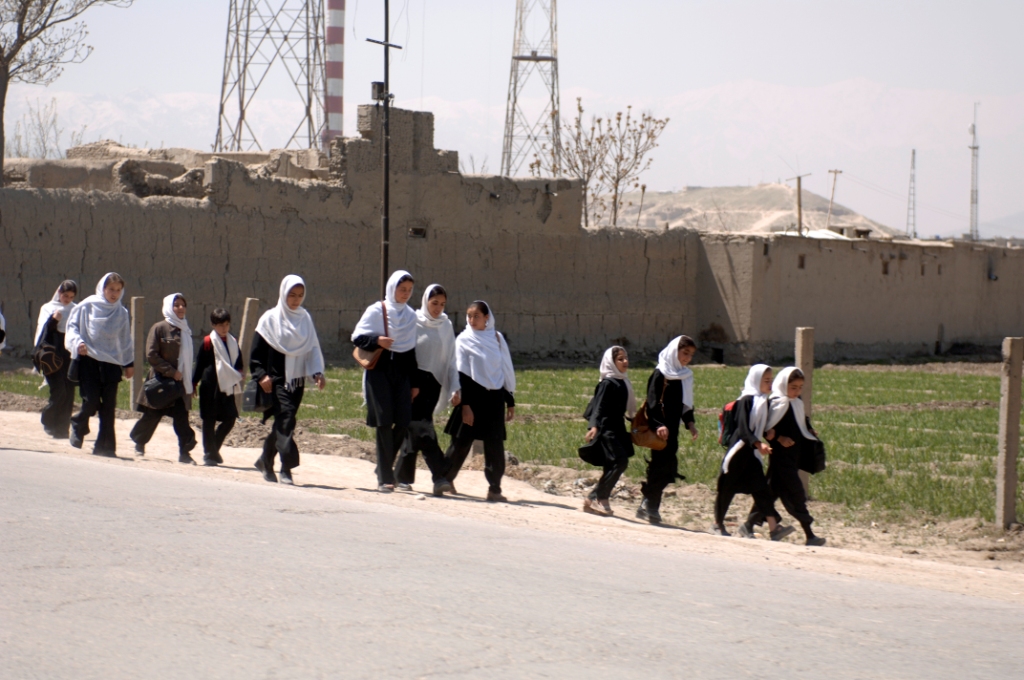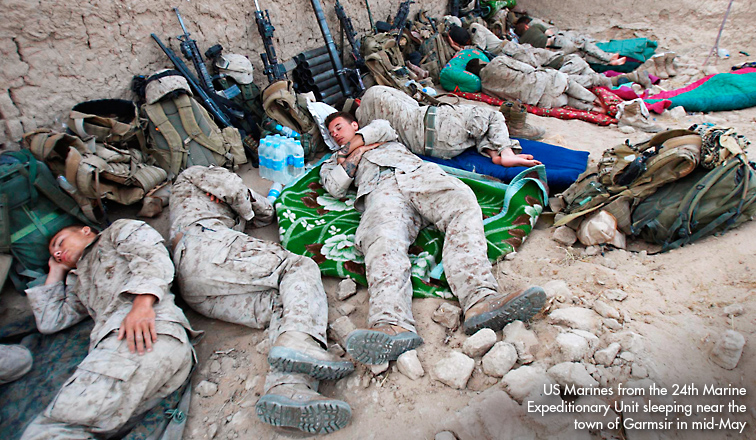I had a great interview with Jake Allen from the Combat Operator Ezine. He is just as talented on the radio as he is with the pen and it turns out we had met each other several years ago when his former rifle company commander Dave Furness and I dropped by his home in Salt Lake City. In the small world department I should be seeing the good Colonel tomorrow night when he swings through Kabul. Colonel Furness is irritating over two decades of infantry service, multiple combat tours, and he remains in perfect shape and looks like he’s about 37 years old. Smart as a whip, writes way better than I do, no bad back or trick knee or even good scars but a great friend and I could not be prouder seeing him doing so well. There was that kidney stone incident which (unfortunately for Dave) was witnessed by then Captain now Colonel Eric Mellinger acknowledged as one of the best comedic talent amongst our generation of infantry officers. That is a great story involving surprise, suspense, danger (Dave was driving when the stone hit) lots of bad language and a surprise ending. But you won’t get it from me if there is a Marine lurking out there looking for Mess Night material the FRI blog respects the USMC bashido code so you’ll have to look elsewhere. But it is a damn funny story and one which the good Colonel is most reluctant to tell.
Jake and I had wide ranging interview which touched on contractors and reconstruction a topic which is leading current news cycles. You can listen to the interview here. For those who are interested in the private security market you should bookmark Jake’s ezine he is an excellent writer and has a very astute read on the industry. Private security contracting is a growth industry and Jake covers the industry better than any other writer I know.
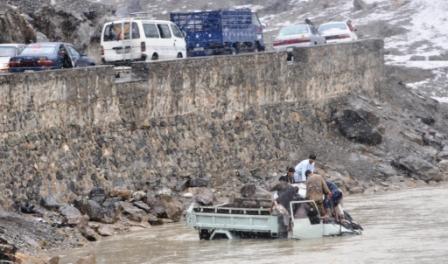
The “civilian surge” has been a topic getting much press as of late. There is little question that Afghanistan could benefit from a surge of civilian reconstruction types with the money and the ability to fund and supervise redevelopment projects. The question is will this “civilian surge” contain people who can do that. Judging from the feeding frenzy I am seeing in the private security market my guess is the answer is no. There are several large US AID prime contractors operating here and they all share similar traits. They have large corporate headquarters in Washington DC. They protect their field teams with expatriate security operatives and live in heavily fortified compounds which is consistent with the contracts they have been awarded. They have lots of corporate overhead to pay for. When they deploy teams into the Provinces it takes a ton of money. Because these are large corporations who are performing a very large contracts the management of money is very strict which I appreciate as a taxpayer but it slows everything down, especially on large complex projects.
I want to be clear about the fact that these companies are running good programs and are executing their assigned projects professionally. There is no question the people on the ground working for these companies are doing great work no question. The point is a ton of money for these projects goes into the front end and most of it is siphoned off before any comes out the receiving end. That fact which is a common complaint aired by Afghan politicians in the local press and thus a point not lost on the Afghan population is compounded with the lack of urgency and commitment with which aid is being delivered.
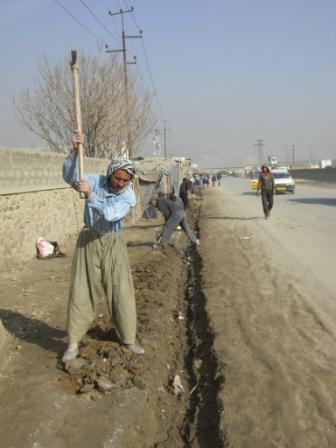
As I have said many times before you can still travel throughout the majority of Afghanistan without elaborate security measures. Internationals can set up very secure living compounds using the United Nations Minimum Operational Security Standards (UN MOSS) for about half the cost of building a compound to meet the standards on US AID contracts. We need a surge of civilians but it should be a surge of armed contractors who are able to live in the communities with local security. I blogged about exactly that kind of program here and it is this type of cost effective reconstruction that will be effective because it allows capacity building in Afghan firms while keeping the majority of the reconstruction dollars in the Afghan economy.
I would take that concept one step further by saying we should also consider attaching teams of armed contractors directly to maneuver military units. They could represent one of several current US AID programs which are designed to fund and mentor small to medium Afghan businesses. That would instantly magnify the already considerable positive economic impact of the current Commanders Emergency Funds Program (CERP) by allowing a commander to turn to his civvie contractor team and say “I want to get the machinery in here to open this green marble quarry find a program that can fund it.” That would take one phone call right to the ops guy in Kabul for ASMED or one of the many other US AID programs set up to create Afghan enterprises and you’re funded. Working with US AID money is a pain due to the required accounting and reporting procedures but with a small staff embedded into the military you can manage the paperwork delivering aid and starting capitol with precision. And it is dirt cheap compared to how we are doing it now and better yet it would directly support the efforts of maneuver commanders who are on the ground and know much more about what is needed than their US AID or State counterparts in Kabul.
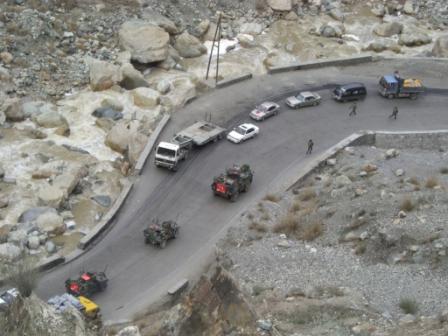
Also mentioned in the podcast was a current shortage of weapons in the Kabul area. I was trying to find a good pistol for a friend and discovered that all the old sources are not selling any weapons at the moment. There are a hundred theories floating about concerning why this is the case I have my suspicions but don’t really know. What I can say with authority that it is not a positive sign. And then this pops up today in the media. Ten policemen and a district chief ambushed way up north in Jawzjan Province. There were some dusts ups in that province last summer between the police and armed fighters representing who knows but they didn’t amount to much with the ANP easily driving off their antagonists. The provincial chief of police says the Taliban were responsible and that he has also arrested four of the attackers. That is hard to believe so I put a call into the Bot but he’s in Mazar-e-Sharif which is completely locked down due to today’s New Years visit by the foreign ministers from Iran and Tajikistan. He’s not too sure Taliban would be poking around up there but is alarmed with the proficiency of the bad guys who did this one. Ten killed, four more wounded – that was an ambush conducted with a good degree of skillful planning and execution. We would hate to see that kind of stuff happening with any degree of regularity.
As I said the Bot is on lockdown but I’m not sure what that means. Here is more or less the end of our conversation.
Bot “On lock down mate going to go on the piss with the boys”
Me “how are you going to go on the piss if you’re locked down?”
Bot “I’m not that locked down mate for God sakes man”
Me “Oh then what does lockdown mean?”
Bot “It means I’m going on the piss mate what’s the problem”
Me “You know what I mean where is my Blog post?”
Bot “Now you done it mate XXXXXX and further more mate here is another fact XXXXXXXXXX etc”
I can’t print the rest because then this post won’t get through my Dad’s net nanny which would precipitate a harsh email from him with foul language which somehow escapes his net nanny via the outlook program. Who knows how that works? For the hundreds who have asked the Shem Bot is fine and will post again once he has recovered from being “locked down.”
